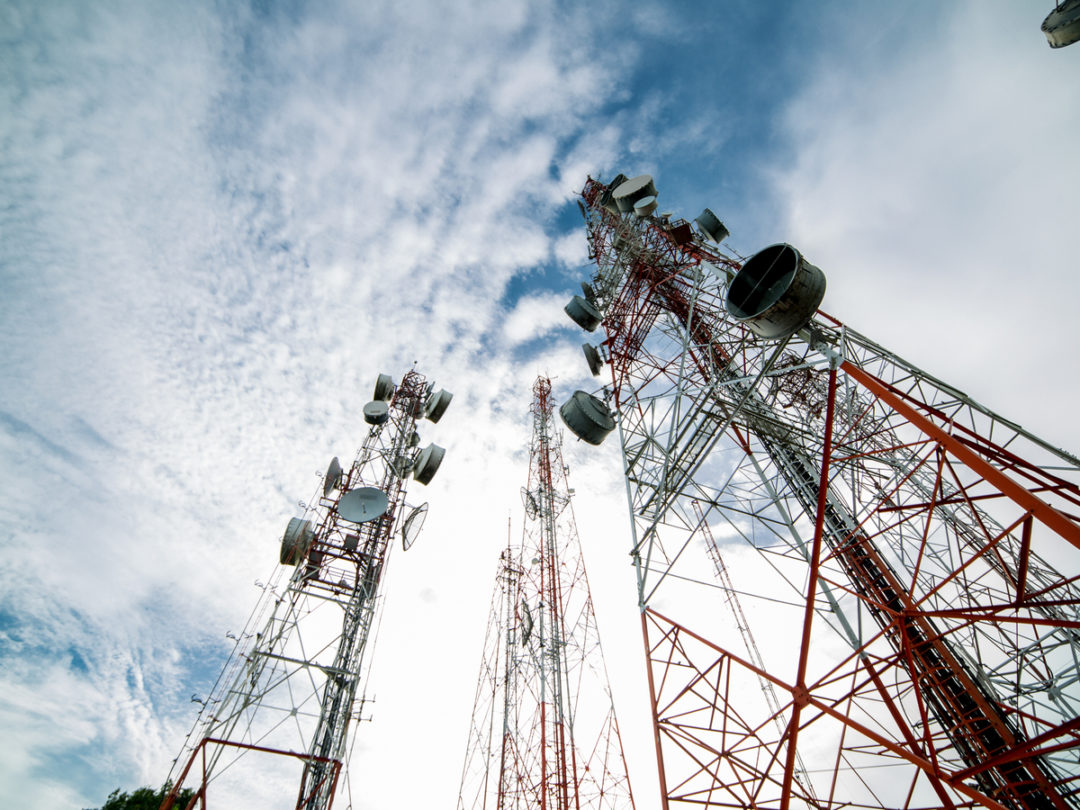
Visit Our Sponsors |
|
|
|
|
|
|
|
|
|
|
|
|
|
|
|
|
|
|
|
|
|
|
|
|
|
|
|
|
|
|
|
|
|
|
|
|
|
|
|
|
|
|
|
|
|
|
|
|
|
|
|
|
|
|
|
|

Huawei Technologies Co.’s ability to make inroads into Europe’s future telecom infrastructure may be more about regulatory hurdles than outright bans.
The U.S. has been engaged in a vocal campaign to keep Chinese tech companies out of advanced 5G networks that promise faster connections, enabling uses such as autonomous vehicles and remote surgery. U.S. President Donald Trump’s administration has claimed that the companies could be tools for state espionage.
While no European agency has targeted Huawei by name, U.S. warnings haven’t exactly fallen on deaf ears: the region’s regulators have been tightening standards that may hit Huawei harder than Nokia Oyj and Ericsson AB, its main European rivals.
In Germany, authorities have proposed tighter security rules for data networks rather than outlawing Huawei. The U.K. is currently considering the results of a review into the resilience of the telecom supply chain. The French parliament started to debate this month on a bill that would subject equipment to tests tantamount to suppliers handing over industrial secrets to be eligible to bid for contracts. Nokia and Ericsson have said they’ll comply.
The battle for Huawei’s future in Europe’s infrastructure is entering a key moment. Europe’s telecom operators hurtling toward their 5G rollouts are updating contracts to build out networks. Prior to the fallout between China and the U.S. — and the ongoing trade battle — Huawei was set to be in prime position to win lucrative business.
No Bans
“We’ve seen progress in Europe. Risk-based frameworks are being put in place. This isn’t just about banning technology,” Rob Strayer, the U.S. State Department’s deputy assistant for cyber policy, said in a recent call with reporters.
European politicians have gone to significant lengths not to point fingers at Chinese companies. During Chinese President Xi Jinping’s state visit to France late last month, Emmanuel Macron and his advisers avoided any public discussion of Huawei or cybersecurity. Instead, Macron said Europe is trying to build “a coherent strategy” with China.
“There are two things I don’t believe in,” German Chancellor Angela Merkel said at a conference in March in Berlin. “First, to discuss these very sensitive security questions publicly, and second, to exclude a company simply because it’s from a certain country.’’
Over the weekend, the president of the Bundesnetzagentur, Germany’s federal network agency, told the Financial Times that no telecom equipment supplier should be specifically excluded.
‘Not Fair’
For its part, Huawei has been crying foul, calling the U.S. allegations baseless.
“This kind of groundless allegation that put the hat over our head as a Chinese spy or these kind of things is not fair,” Huawei representative to the EU institutions, Abraham Liu, in an interview with Bloomberg TV Monday. “The truth has to be based on the facts and the facts have to be verifiable."
Huawei has also sought to praise Europe’s measured approach.
"We all agree that this is an important part — that digitization has to be based on a safe network,” Liu said. “But how to solve this problem? How to address this kind of concept from different stakeholders? I think Germany has set a benchmark, a kind of example, and we are part of a solution for that."
Europe’s Outliers
Despite the lack of an outright ban, the U.S. has offered both praise and warnings to its European allies for its approach. Strayer recently praised Germany for making progress toward adopting strict 5G standards. Ellen Lord, U.S. undersecretary of defense for acquisition and sustainment, called European reluctance to ban the Chinese equipment maker “a huge concern,” while also praising the region for “leaning forward to work with us.”
There remain European outliers. During a visit in March President Xi recruited Italy’s populist government into his global Belt and Road development project. In Eastern Europe, Croatia signed an agreement on cooperation with Huawei, and this month Hungary, where Huawei employs more than 2,000 people, said it wants to deepen the relationship across a range of areas from education to the environment.
“Hopefully we can talk to Italy and other countries about not putting insecure gear into their networks. It could affect our ability to share intelligence,” said Strayer.
RELATED CONTENT
RELATED VIDEOS
Timely, incisive articles delivered directly to your inbox.







